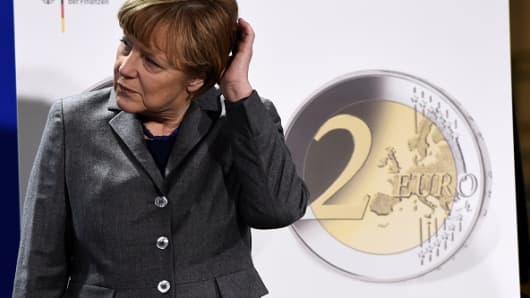
AsianScientist (Aug. 7, 2018) – Researchers at the University of Hong Kong (HKU) have developed a suite of technologies to enable better navigation in crowded cities. The Global Positioning System has an average error of ten to 30 meters, and indoor navigation systems are still in their initial stages of deployment. To improve the accuracy of location tracking, especially in urban settings, Professor Anthony Yeh Gar-On and his research team at the department of urban planning and design of HKU have invented a system consisting of a smart address plate (SAP), a smart address coding system and a smart address plate management system (SAP-MS). The SAP is a bluetooth, low-energy proximity-sensing device that stores a unique geo-coded smart address ID of a building. When users are within the confidence range of an SAP, they will be notified of their exact location. Apart from providing more accurate location information to occupants and visitors, property management staff can use the SAP-MS to carry out real-time updating of information such as the number of building occupants, the names of shops, the schedules of on-site functions and so on. The SAP-MS can also be used to monitor whether SAPs have enough power, are functioning properly, or have been removed or stolen. The SAP-MS of rooms in a building can be linked up with the district-wide SAP-MS network, and finally, the city-wide SAP-MS network to become a single complete smart city address management system. The team is filing an international patent cooperation treaty related to this new invention, and is in discussions with the Hong Kong SAR government, as well as major shopping malls and office buildings, to deploy this system in real-world settings. Read more from Asian Scientist Magazine at: https://www.asianscientist.com/2018/08/tech/sensors-smart-address-plate………….










